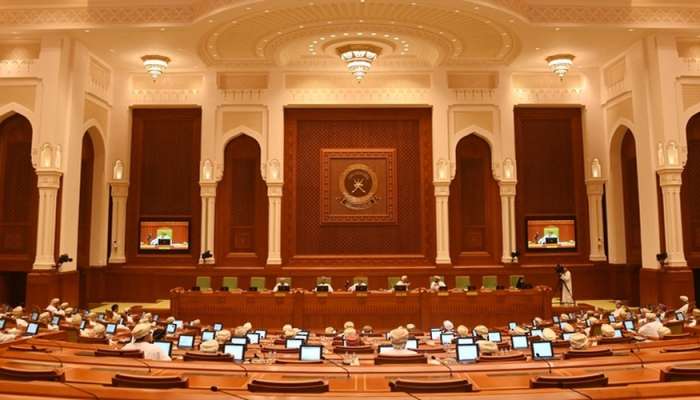The Shura Council of Oman recently kicked off its Second Annual Sitting for the Tenth Term, in line with His Majesty Sultan Haitham bin Tarik’s directives. This important session saw discussions on various draft laws, including agreements to regulate air services with the Dominican Republic, Costa Rica, and Djibouti. Additionally, the Council focused on a draft law concerning special economic zones and free zones. This signifies the government’s commitment to fostering positive relationships with other countries and creating an environment conducive to economic growth and development.
During the opening session, Shura Council Chairman Khalid Hilal Al Maawali presided over the discussions on the draft laws. The first draft law addressed an agreement to regulate air services between the Sultanate of Oman, the Dominican Republic, and Costa Rica. This agreement aims to promote cooperation and connectivity between these countries and enhance the aviation sector’s efficiency. The second draft law focused on an agreement with the Republic of Djibouti to regulate air transport services. By establishing such agreements, Oman is positioning itself as a key player in the global aviation industry and strengthening its international ties.
Another key topic covered in the session was the draft law on special economic zones and free zones. These zones play a crucial role in attracting investments, promoting trade, and stimulating economic growth. By reviewing and potentially implementing this draft law, the Shura Council is signaling its commitment to creating a business-friendly environment that can attract both domestic and foreign investors. This move aligns with Oman’s broader strategy to diversify its economy and reduce dependence on oil revenues, promoting sustainable economic development.
The discussions during the opening session highlight Oman’s efforts to strengthen its economic ties with other nations and diversify its economic activities. By focusing on agreements to regulate air services and developing special economic zones, the government is laying the groundwork for a more dynamic and competitive economy. These initiatives not only benefit Oman’s economic development but also contribute to enhancing its reputation as a reliable and attractive destination for business and investment. This forward-looking approach is essential for unlocking new opportunities and driving sustainable growth in the Sultanate.
In conclusion, the opening session of the Shura Council’s Second Annual Sitting for the Tenth Term marked the beginning of important discussions on draft laws related to air services agreements and economic zones in Oman. These discussions reflect the government’s commitment to fostering economic growth, strengthening international relations, and creating a conducive environment for investments. By working towards implementing these draft laws, Oman is positioning itself as a progressive and strategic player in the global economy. The decisions made during this session will have a lasting impact on Oman’s economic landscape, paving the way for a more diversified, competitive, and resilient economy in the years to come.


























